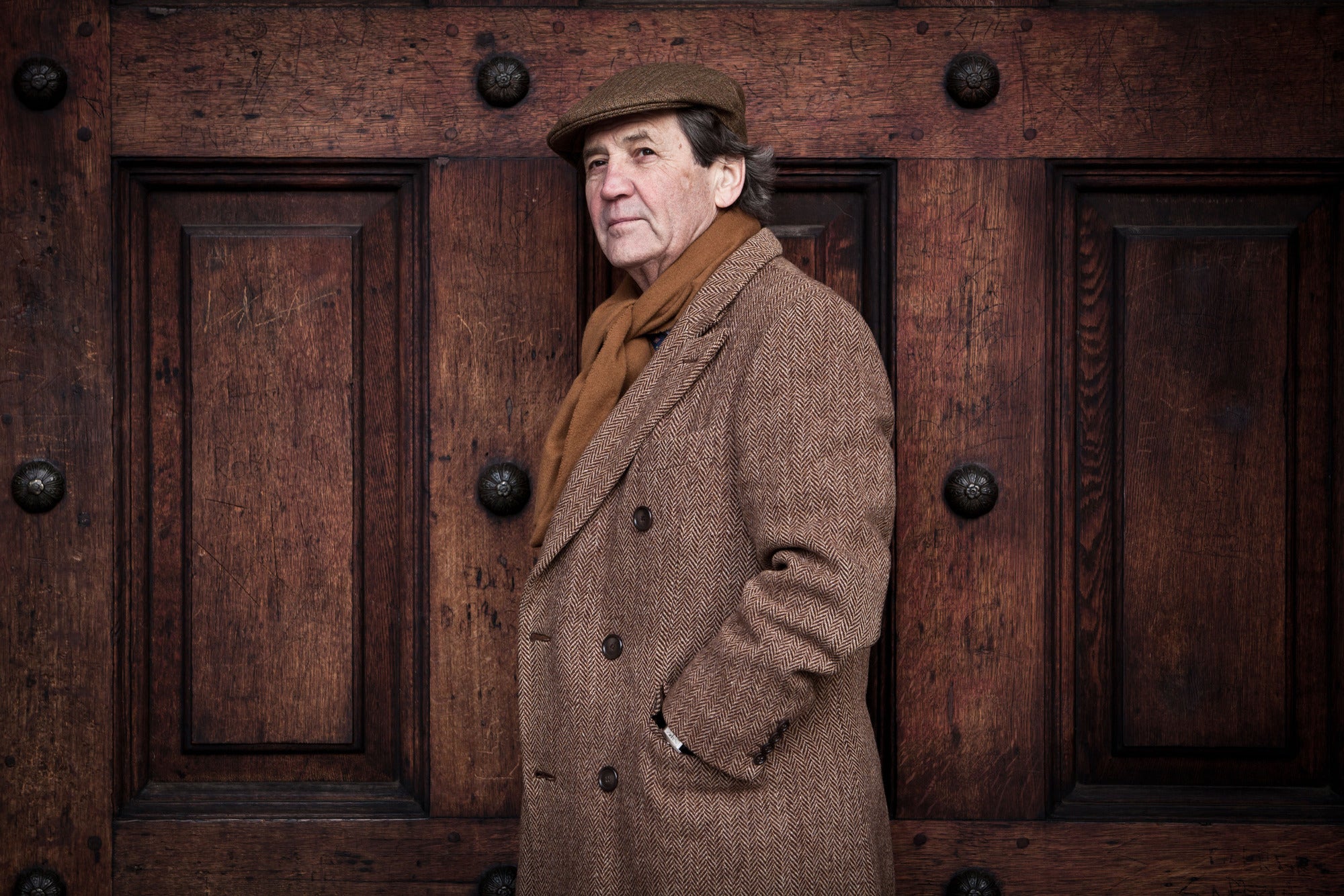Last night's viewing: The Most Dangerous Man in Tudor England, BBC2
David Walliams: Snapshot in Time, ITV

Your support helps us to tell the story
From reproductive rights to climate change to Big Tech, The Independent is on the ground when the story is developing. Whether it's investigating the financials of Elon Musk's pro-Trump PAC or producing our latest documentary, 'The A Word', which shines a light on the American women fighting for reproductive rights, we know how important it is to parse out the facts from the messaging.
At such a critical moment in US history, we need reporters on the ground. Your donation allows us to keep sending journalists to speak to both sides of the story.
The Independent is trusted by Americans across the entire political spectrum. And unlike many other quality news outlets, we choose not to lock Americans out of our reporting and analysis with paywalls. We believe quality journalism should be available to everyone, paid for by those who can afford it.
Your support makes all the difference."Today, many have never even heard of him," Melvyn Bragg said about William Tyndale at the beginning of The Most Dangerous Man in Tudor England. I wasn't entirely sure about this statement. True, if you were to poll the shoppers in Westfield on an average Saturday you might find the recognition factor was low.
But the kind of people who watch documentaries about Tudor England on BBC2? Surely most of them have heard of William Tyndale. I think of them – at least as far as BBC2 documentaries about Tudor England go – as people who would really prefer to listen to a good radio programme, but are prepared to put up with the nuisance of pictures if the subject is good enough. And in this case it certainly was. Bragg's claim for Tyndale – that he was one of the co-creators of the English language alongside that more famous Tudor genius Shakespeare – sounded overreaching at the beginning but nothing less than a statement of the obvious by the end of Anna Cox's film.
The pictures weren't that much of a nuisance either; they included some very lovely atmospherics from the cameraman, Ian Salvage, who'd managed to make industrial Antwerp look beautifully bleak. But it did make you wonder about the business of illustrating programmes in which the most captivating material is intellectual. The fetish of location is always useful, even when an observance of it throws up some odd moments.
So Bragg went off to stand in a modern farmyard in Gloucestershire, on the site of the original Tyndale farm, as if its muck-stained concrete could tell you something useful about the ground from which his hero had sprung. Or, he delivered lines about old St Paul's while standing in the Wren replacement, the camera darting off now and then for a crash cut to some completely unrelated divine. Even the cell from which Tyndale was taken to execution – which had provided a nice little frisson at the beginning of the programme – turned out to be a Victorian reconstruction on the same site.
Which is only to say that in such programmes your eyes are generally just given stuff to keep them quiet while your ears get on with the hard work. Cox had devised one unexpected visual flourish here, which departed from the standard procedure. When Bragg was sketching out the confrontation between Thomas More and Tyndale he was cloned, speaking for the scourge of heresy on one side of the aisle and for Tyndale's radical protestantism on the other.
It was a neat trick, but I don't have much doubt that in a year's time it won't be the gimmick that sticks in the mind but the scatological violence of More's polemic: "You kiss the arse of Luther, the shit-devil," he wrote to Tyndale, "Look, my fingers are smeared with shit when I try to clean your filthy mouth." No picture could capture the fear and revulsion that heresy engendered as vividly as that – which was perhaps fitting in a programme devoted to the history-changing power of the vulgar tongue.
There's a good idea at the heart of David Walliams: Snapshot in Time. Unfortunately, it's a good idea for a 20-minute programme and ITV had actually given it an hour. The idea was to reconstruct a photograph from Walliams's school days, an image that captured his first stage performance and the moment that he realised he could finesse a burdensome effeminacy (he was teased at school for his oddness) into popularity.
The essential ingredients – nostalgia, archival research, buried subtexts of social history – are the same as in Who Do You Think You Are?. But unfortunately it's very difficult to structure a programme that consists of a series of mild anti-climaxes followed by a bigger one. The eventual reconstruction of the photograph offers no revelation at all, just a reasonable excuse for everybody to stop the reminiscing and go home again.
Join our commenting forum
Join thought-provoking conversations, follow other Independent readers and see their replies
Comments